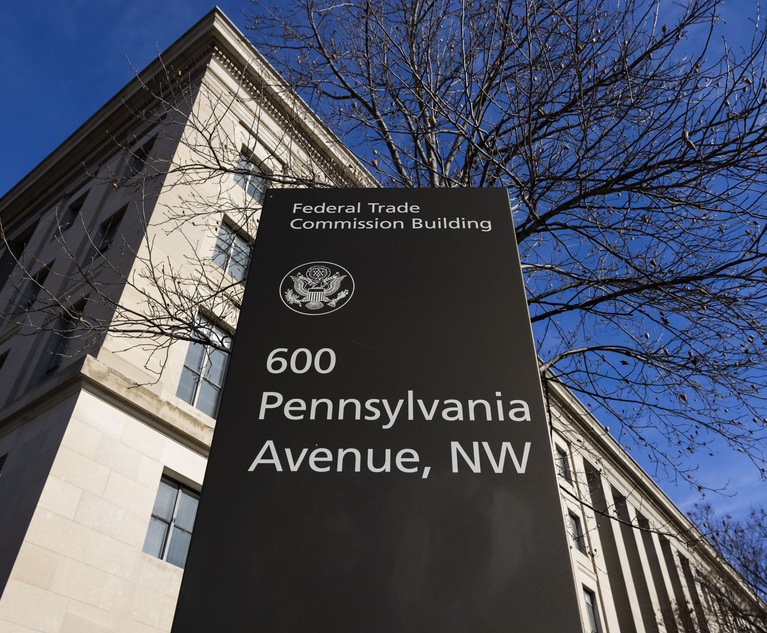Data protection is going global, with stronger laws and enforcement strategies in Latin America, Africa and Asia-Pacific. And for compliance, one size doesn’t fit all.
Last May, in-house eyes were on the European Union, as companies prepared for the General Data Protection Regulation. The EU’s sweeping data privacy law enhanced residents’ rights over their personal data, implementing new policies on the right to be forgotten, explicit, informed consent and processor accountability, with fines up to 20 million euros, or 4 percent of global turnover.


 Data-Privacy
Data-Privacy








